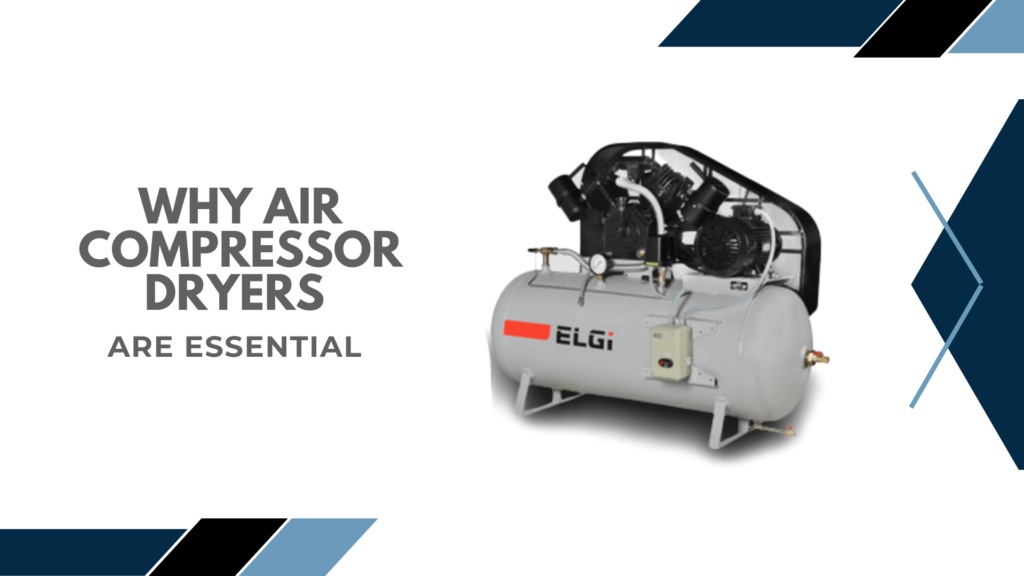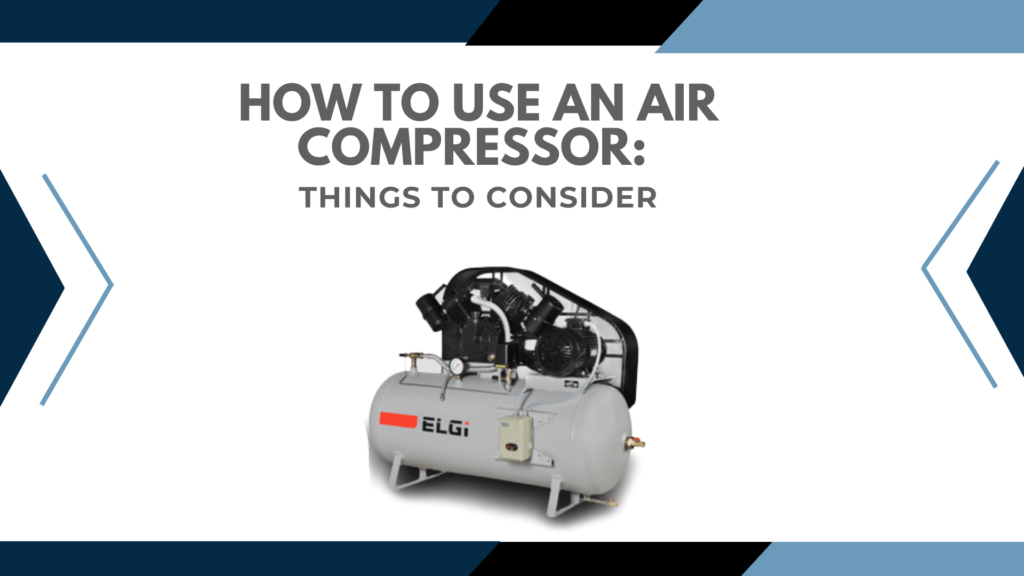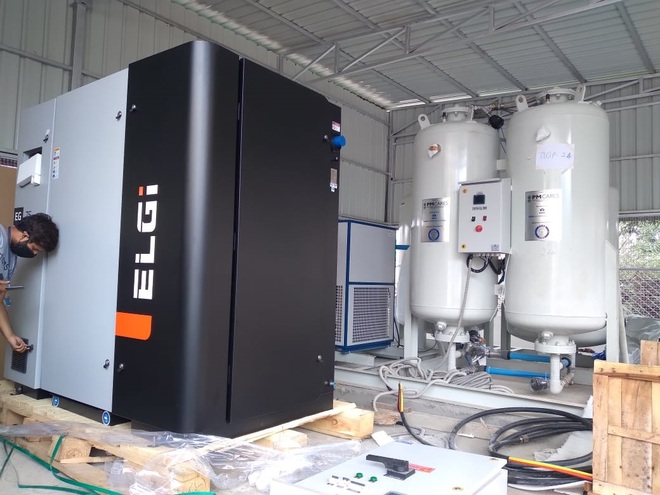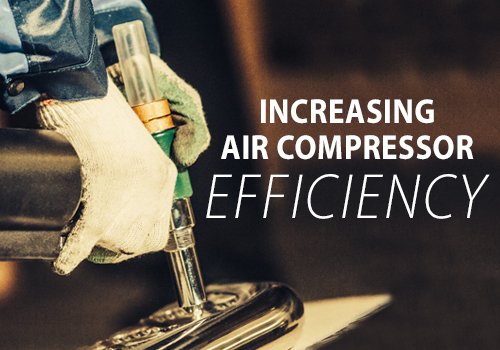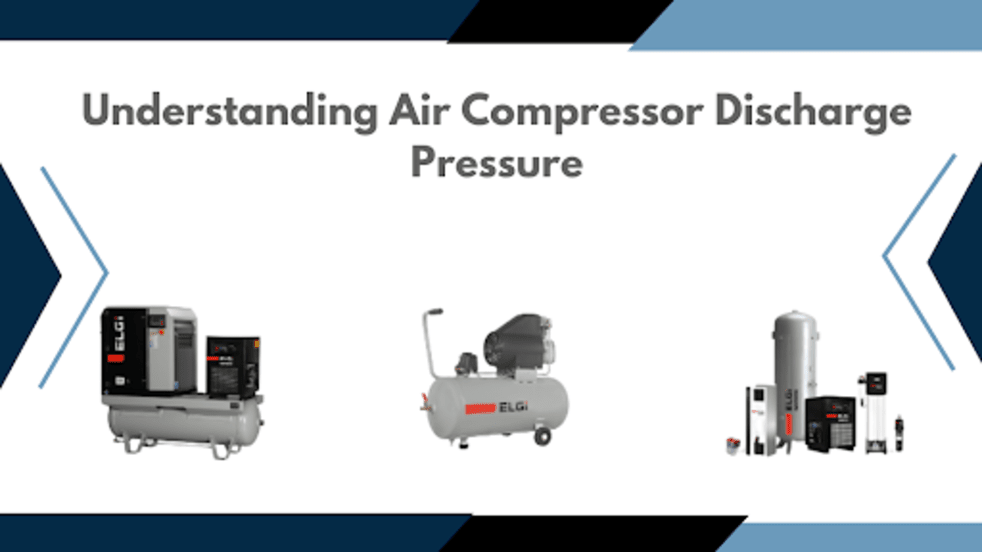
If you’re an air compressor owner, you must be acquainted with some of the basics of your equipment. Discharge pressure is one of the most relevant notions that significantly impacts how your air compressor performs. VEMC is one of the leading air compressor dealers in Mumbai, and in this blog, we take you through all you need to know about discharge pressure.
Definition and importance of discharge pressure
Discharge pressure simply refers to the air pressure at the output end, that is, the discharge flange of your compressor. Maintaining optimum discharge pressure is necessary to ensure maximum levels of efficiency and productivity. However, higher than required discharge pressure could cause wastage of energy as well as damage to the system. This is because of the rise in temperature leading to metal fatigue of valves and thermal stress on lubricants.
Factors affecting discharge pressure
Discharge pressure of an air compressor is quite dynamic and a number of factors affect it. Some of these are:
- Size and speed of the condenser fan
- Size of the discharge line
- Condition of the condenser coil
- Leakage of air
- Cooling effect by oil, water , etc.
- Rotational speed in case of a screw compressor
- Voltage and frequency of the power grid
- Suction temperature and pressure
Impact of discharge pressure on system performance and efficiency
For starters, discharge pressure directly impacts the air flow of a compressor, and the simple Boyle’s Law equation can substantiate this.
P1 x V1 = P2 x V2
However, compressed air isn’t free and with every unit rise in discharge pressure, there is a proportionate rise in energy consumption as well. In fact, it is widely believed that for every 2-psi increase in pressure, the energy consumption increases by 1 percent. So while increase in discharge pressure does boost your performance significantly, it also reduces the efficiency due to overconsumption of energy. Besides, higher levels of discharge pressure can also cause leaks in the system and reduce the distribution of the compressed air, while reducing the lifespan of the air compressor in the long run.
Optimal discharge pressure settings for different applications
It is quite clear that operating an air compressor and deciding the right discharge pressure requires some amount of nuance. There is no on-size-fits-all for every application that you use your compressor for. Industrial applications usually require a pressure of 100-200 psi while if you’re using the compressor for domestic use, anything between 90-150 psi should be enough. Pneumatic tools like nail guns require a pressure of 90-100 psi while sandblasters and spray painters would typically need 120-150 psi.
Discharge pressure seems to be a straightforward notion. However, to ensure you get the maximum out of your air compressor without wasting energy, you must operate it at the right levels of discharge pressure. For more on air compressors, feel free to call us at 022 43436655 or email us at marketing@vemc.co.in. VEMC is the leading compressor dealer in Mumbai.


